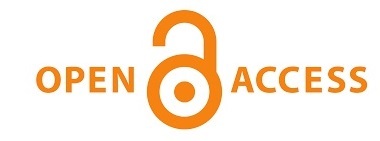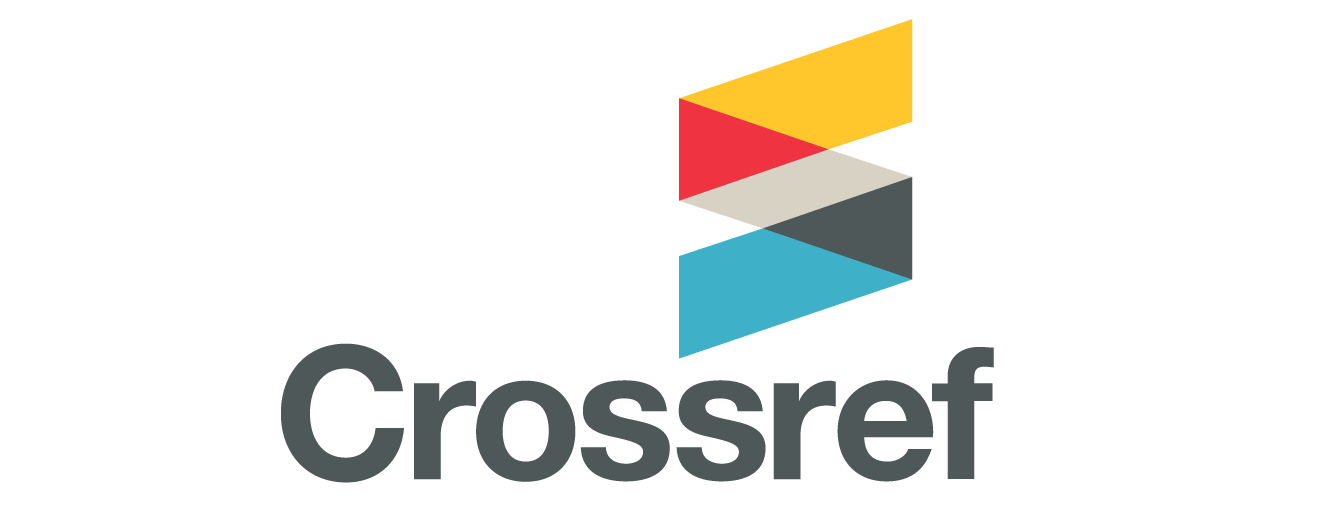Академічний інбридинг — проблема, що традиційно ігнорується при формуванні кадрової політики в науці України
DOI:
https://doi.org/10.15407/sofs2020.02.054Ключові слова:
академічний інбридинг, мобільність науковців, вищі навчальні заклади, університет, наукова школа.Анотація
В статті підкреслюється, що в зарубіжній науковій періодиці все більше уваги приділяється проблемам академічного інбридингу – формування професорсько-викладацького складу університетів за рахунок власних випускників. На підтвердження цього факту наведено короткий огляд публікацій, в яких аналізується його поширення у різних країнах світу та ведуться дискусії щодо його негативних наслідків і методів боротьби з ними. При всіх суперечностях існуючих оцінок, більшість авторів доходить висновку, що академічний інбридинг є фактором, який сприяє посиленню застійних явищ, гальмує кадрову мобільність, обмін досвідом і науковою інформацією між університетами як всередині країни, так і в світі. Автори відзначають, що практично всі ці публікації стосуються університетів, але академічний інбридинг набув значного поширення не тільки в університетах, а й у наукових інститутах. І хоча це явище вважається цілком природним при формуванні наукових шкіл, тут воно також є фактором застою і зниження ефективності досліджень. В цьому зв’язку звертається увага на те, що для формування кадрової складової наукового потенціалу все більшої актуальності набувають питання управління її внутрішньою структурою та якістю, які через небувалу гостроту проблем, пов’язаних із вкрай тривожною динамікою кількісних параметрів наукового потенціалу України, відійшли на задній план. Наголошується на необхідності розроблення і систематизації механізмів державного і суспільного впливу на такі процеси. Навіть у нинішніх умовах кризи у вітчизняній науці для стимулювання мобільності кадрів слід було б вжити заходів для забезпечення прозорості та об’єктивності конкурсів на заміщення посад наукових співробітників та викладачів університетів.
Посилання
Rocca, F.W. (2007). In Spain, Inbreeding Threatens Academia. The Chronicle of Higher Education, vol. 53, issue 22.
Yim, M. (2011). Status Competition or Middle-Status Conformity? Predicting the Incidence of Academic Inbreeding among PhD-granting Sociology Departments, 1997–2007: Paper presented at the annual meeting of the American Sociological Association Annual Meeting, Сaesars Palace, Las Vegas, pp. 170–188.
Horta, H. (2013). Deepening our understanding of academic inbreeding effects on research information exchange and scientific output: new insights for academic based research. Higher Education, vol. 65, issue 4, 487–510. https://doi.org/10.1007/s10734-012-9559-7
Yudkevich, M. (Ed.) (2016). Academic inbreeding and mobility in the higher education. Moscow: Publishing house of Higher School of Economics, 328 [in Russian].
McGee, R. (1960). The Function of Institutional Inbreeding. American Journal of Sociology, vol. 65, issue 5, 483–488. https://doi.org/10.1086/222753
Wells, R., Hassler, N., Sellinger, R. (1979). Inbreeding in socialwork education: an empirical examination. Journal of Social Work Education, vol. 15, issue 2, 23–29. https://doi.org/10.1080/00220612.1979.10671562
Androushchak, G., Kuzmminov, Ya., Yudkevich, M. (2013). The changing reality: the Russian higher education and the academic profession. The global future of higher education and the academic profession: The BRICs and the United States. (pp. 79–122). Moscow: Higher School of Economics [in Russian]. https://doi.org/10.1057/9780230369795_3
Galazhynskiy, E.V. After all, inbreeding or “pure line”? Retrieved from http://www.tsu.ru/university/rector_page/i_vsye_taki_inbriding_ili_chistaya_liniya (last accessed: 28.01.2020) [in Russian].
Zerbino, D.D. (2001). The academic school: the leader and the disciples. Lviv: Eurosvit, 208 [in Ukrainian].
The regulations on academic schools of Kyiv National Taras Shevchenko University. Retrieved from http://science.univ.kiev.ua/research/scientific_school/polozhennya-pro-naukovi-shkoly-kyyivs%60kogo-natsional%60nogo-universytetu-imeni-tarasa-shevchenka/ (last accessed: 15.01.2020) [in Ukrainian].
Popovich, A.S., Kostritsa, E.P. (2018). “Flow” of staff through the science system: a factor accelerating the innovation-driven development of the economy. Proceedings from: the 23th International Scientific and Practical Conference “Problems and prospects of the innovationdriven development of the economy in the context of Ukraine’s integration in the European Research and Innovation Area”. (pp. 318–324). Kiev: “Phoenix” [in Russian].
##submission.downloads##
Опубліковано
Як цитувати
Номер
Розділ
Ліцензія
Авторське право (c) 2020 Наука та наукознавство

Ця робота ліцензується відповідно до Creative Commons Attribution-NonCommercial-NoDerivatives 4.0 International License.





